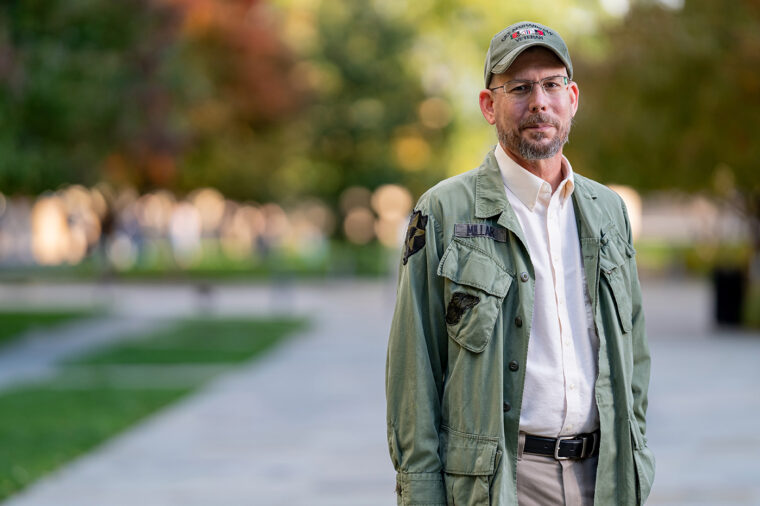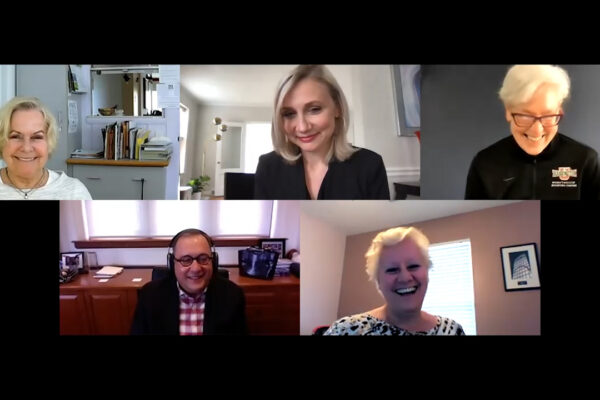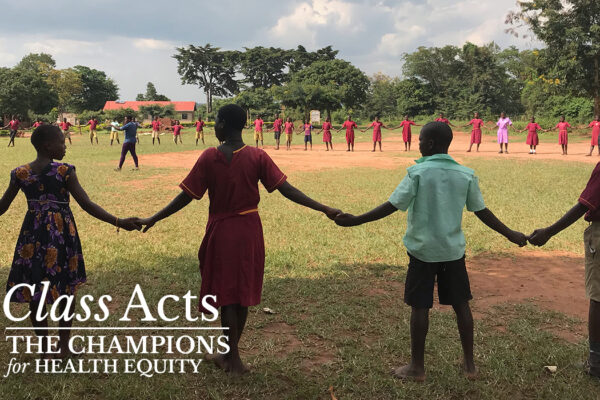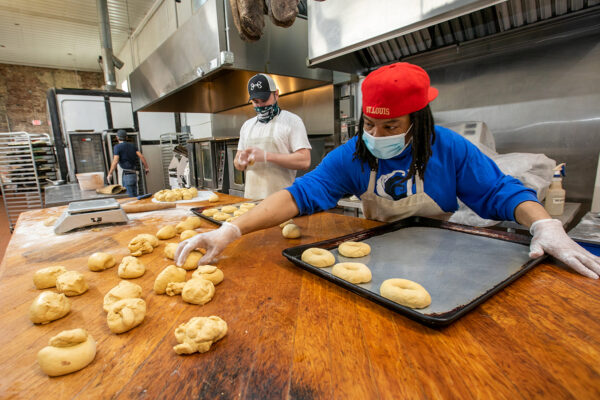In 2008, U.S. Army veteran Scott Millar was watching a documentary about the war in Afghanistan with his wife, Donna. On the screen, American soldiers panted with exhaustion as they chased insurgents through the mountains. It got Millar thinking.
“Here I am living at 9,000 feet and pretty fit,” recalled Millar, who resided in New Mexico and was commander of the local Veterans of Foreign Wars post. “I looked over at my wife and said, ‘That’s where I need to be.’”
Never mind that 18 years had passed since he last wore the uniform. Never mind that Millar was 44 years old. Never mind that America was entering the deadliest years of its longest war.
“It felt like a religious calling,” Millar said. “Nothing was going to stop me.”
Millar, now 57, is a student at the Brown School at Washington University in St. Louis, where he plans to earn master’s degrees in social work and social policy. On Saturday, Nov. 13, he will speak at the Veterans Day banquet in Ridgley Hall’s Holmes Lounge about our obligations to those who serve.
“People in the military sacrifice so much, including their own personal rights, to defend our own rights,” Millar said. “We need to commit to live lives that are worth their sacrifice.”
For Millar, that means addressing the crisis of veterans without housing. According to the Department of Housing and Urban Development, 37,252 veterans did not have a home in 2021. Veterans make up about 6% of the population but 8% of the country’s population without a home.
Through his studies at the Brown School and his practicum at Gateway Housing First, a nonprofit that develops affordable housing and connects hard-to-house people with employment and treatment resources, Millar is learning the policies and practices that can help veterans. Ultimately, Millar hopes to work for an organization such as the Veterans Community Project, which is building 50 tiny houses and an outreach center in north St. Louis.
“There are a lot of reasons why some veterans are unhoused,” Millar said. “Once you leave active duty, there is a profound grieving process. That can lead to a lot of the struggles that result in a lack of stable housing. The military tries to prepare you for civilian life, but the challenges are too overwhelming for many.”
Millar can relate. He joined the Army the first time in 1983, not long after graduating from high school. For the next nine years, he served in Korea, Honduras and Bolivia as well as bases in the United States.
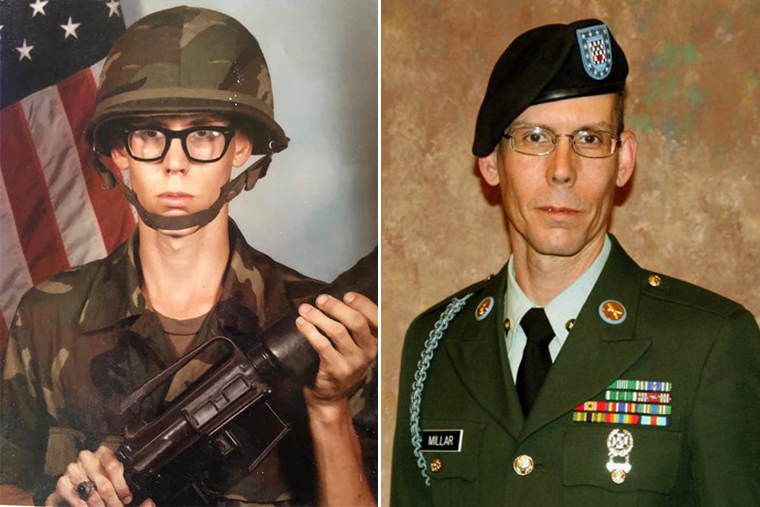
“The military provides everything for you, and I didn’t have the life skills to live without that support,” said Millar, who completed his first military service in 1991 after the Gulf War.
The second time Millar returned home from duty, the transition was both easier and harder. Easier because Millar and his wife had built a happy civilian life before he re-enlisted. And harder because of what he experienced in Afghanistan. Two of Millar’s friends were killed when an improvised explosive device (IED) blew up their vehicle. Two other soldiers and their interpreter also were severely injured.
“I was working in our tactical operations center and got the call for the 9-line medevac request (part of the military’s field triage process),” Millar recalled. “These were people I had been serving with for six months and this was the first time something happened. As a unit we were very tight, but we didn’t grieve together. There was a lot of stuffing of feelings away and getting the mission done.”
Back home, the pain surfaced. Millar’s best friend, who was driving behind the vehicle when it exploded, committed suicide. And Millar suffered fits of rage.
“I was angry at everything,” Millar said. “There was no rational reason. I just couldn’t go from this high level of readiness to this low-key life. I was fortunate in that my wife had deployed to Desert Storm. She knew what I was going through and helped me. Not everyone has that support system.”
That’s when Millar decided to earn his undergraduate degree at Kansas State University and study with Briana S. Nelson Goff, a leader in the research of traumatic stress and its impact on military families. He chose the Brown School to continue his education.
“I’ve had some really important lived experiences. But my experience at the Brown School is taking me to next level,” Millar said. “I’m working on all three levels of social work — the micro level, where you’re working one-on-one with a client; the mezzo level, where you’re working with groups; and the macro level, where you’re looking at social policy. And policy matters anytime you’re working with the military. It’s important to write policy for the boots on the ground right now so they won’t struggle the way we did.”
